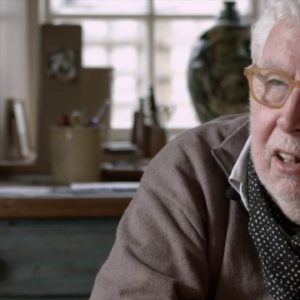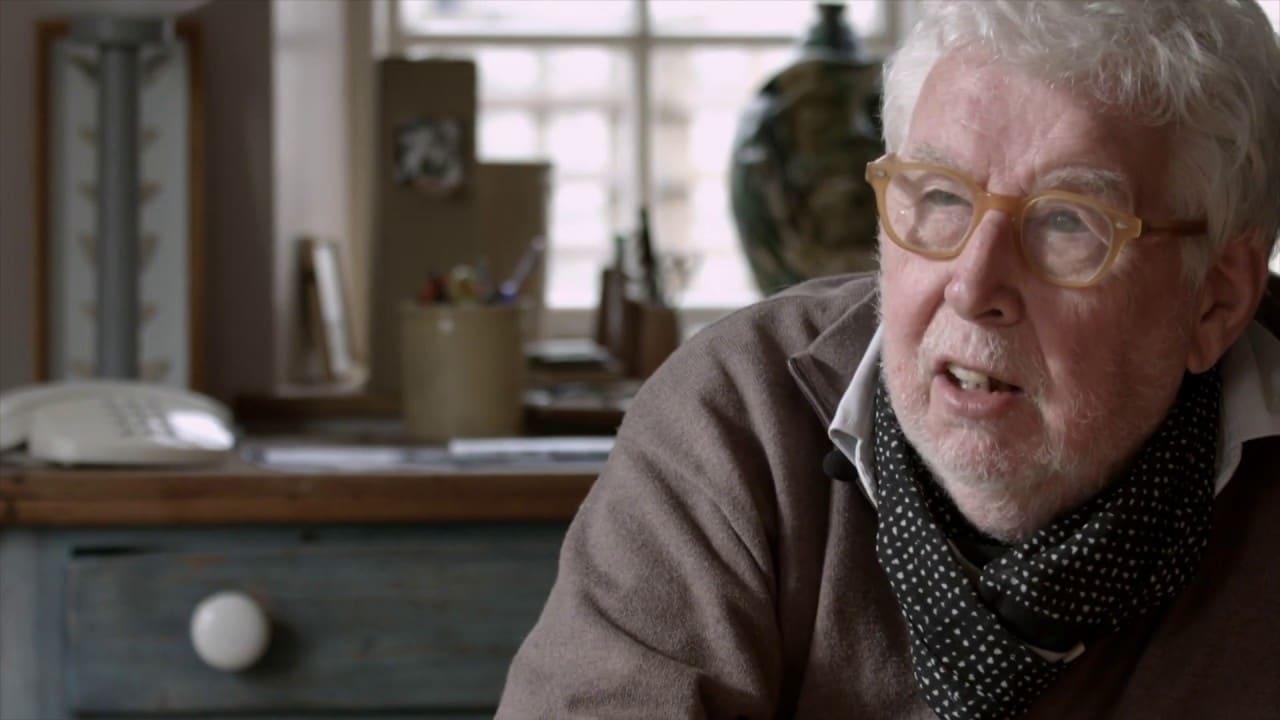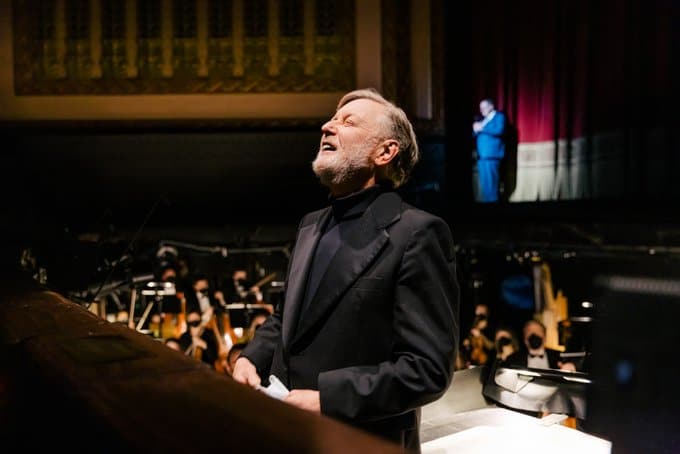When Beethoven sounds like Birtwistle
Album Of The WeekFrom the Lebrecht Album of the Week:
… The disturbing aspect is that Nicolas Hodges makes Beethoven sound so much like Birtwistle and vice versa that you, the listener, never know quite where you are. Once you get over that shock, the confusion is exhilarating.
Something called Gigue Machine by Birtwistle could so easily be one of those near-atonal rages of Beethoven, maybe even Für Elise played backwards in the wrong key…

Read on here.
And here.
En francais ici.
In Czech here.
In The Critic.





Gotta admit, NL, you are a skilled reviewer. Can’t wait to hear this album now.
Wrong.
The closest Birtwistle comes to Beethoven is having a B at the beginning of his name.
Every good composer begins with a B or aspires to be a B (as the Bard said: “to B, to B, or not to B… that is the question”). Birtwistle was originally called Nerdwistle but since there is no serious composer with an N, he took-on a nom de plume, but it did not help very much.
Mmmmmm….. I tend to agree with Birtwistle’s own opinion about his music.
Once, on a chamber music festival I organized, I had mrs X – well-known British pianist celebrated for her enthusiastic rendering of new music – playing a mixed programme with old and new music including Birstwistle’s ‘Harrison’s Clocks’ – a very complex piece. A friend of mine, a very intelligent and excellent pianist and composer, and expert in score reading, was recruted to turn the pages of the large score. And it appeared that Mrs X only played the music globally and missed a great many notes. Since nobody knew and could tell, apart from one person, nobody complained. But the seriousness of Birtwistle’s music and his dedicated interpreters left a big question mark. Listening again to ‘The Mask of Orpheus’ some time ago made the impression of including lots of wrong notes, but since the difference between right and wrong notes does not exist in such works, somehow makes it easy listening, it’s all OK.
John: (Sigh) pity Boulez never conducted your own music….
Hearing Beethoven interlaced with Birtwistle is interesting indeed. However N Hodges fails to impress with the former. He fails to propel forward Beethoven’s modulations. Birtwistle’s compositions have different requirements. He does better here.
Of the Birtwistle pIeces I warmed most to the
“ dance of the metro-gnome” .
In this miniature I feel as if I’m glimpsing new horizons rather than well trodden territory. Great composer without doubt. CAMP and ‘Silbury Air’ in my top ten.
Yes I get goose bumps of aversion when, as part of my job, I’ve to attend a classical music concert, and hear all those triads & scales pass by, as if there’s nothing else than that completely worn-out stuff around. Then Birtwistle! a breath of fresh air:
https://www.youtube.com/watch?v=hkoMkXql8V8
Sally
I was specifically referring to the three Birtwistle pieces on the recital , not inclusive of LvB which is anything but well trodden territory within his framework.
For people, curious how a gigue machine would sound:
https://www.youtube.com/watch?v=85sazcWWowE
You have to first collect as many as possible existing gigues from baroque keyboard suites and feed them into the machine. It works like a paper shredder, and the mixed fragments come-out as in the linked recording, to offer liberating enjoyment to people burdened with the unbearable weight of musical meaning.
Your comments are usually apposite. And funny.
How hollow a comment!
Is one seeking support from Crassic FM?
HB: “I don’t understand my pieces, of course. And I don’t want to understand them.” Taking the majority opinion…
In fact, they are entirely understandable. They are clever, forced constructions, meant to convey the state of mind resulting from pulverizing experiences. His works duplicate them, to rub it in. Birtwistle gives voice to those people who experience life as an empty, pulverizing machine – the experience of modernity – and have no way out.